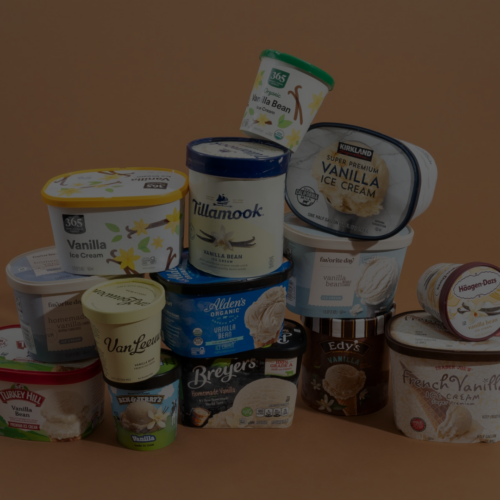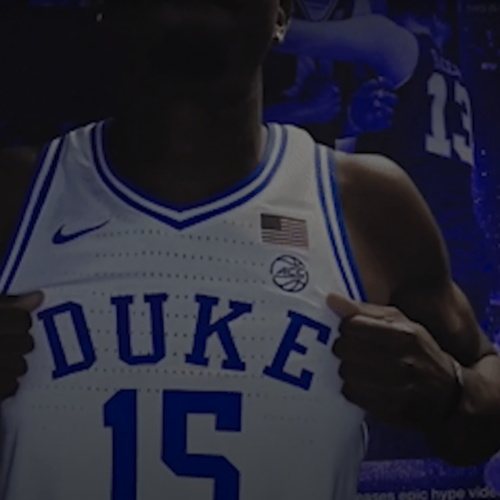14 Mar Writing Web Content for a Living – Notes from SXSW
I got excited about his panel because it seemed to speak to me specifically, and sure enough, it really delivered. The panel concentrated on two aspects of web writing, first is to explore writing web content, and secondly how to write web content for a living. For the purposes of this post, I’ll be concentrating on the first aspect because it is a little more applicaple to our audience.
Webwriting vs. Copywriting
I’m a “copywriter,” but today I learned what I really might be is a web writer. Web writing and copywriting are different things. A web writer is responsible for ongoing content. Web writers are also responsible for determining the best vessel to disseminate content. It is important to know your audience, and to pick the right vehicle to show your content.
Thinking in terms of the anatomy of the writing itself, its about who you are communicating with and how you are communicating it with. Web writing is not just blocks of text. All things have to work in harmony together in webwriting. You’re writing for an audience that is thinking about the next thing they are going to do, and you have to guide them to the next step. They are looking to you as a guide. You are a tour guide as well as a sprinter. You’re racing ahead to anticipate the selection the audience will make. When you are writing for the web, you are collaborating, and all the design elements– including copy– must be in harmony.
Web writing is changing the way we write in general. Writing for the web is more immediate, there is less room for error. It forces one to become a more organized thinker. You can take the way you present information and communication from the web to almost every other concept. Web writing is a new(er) form of communication, but the message is still the same: you must communicate with your auduience the things you want them to know. You are an informer.
Journalism is different than web writing, too, but they both involve research. You want to give people an explanation what has happened.
A lot of content going up is meant for trust building, but never asks for a call to action. Ian Alexander of Eat Media noted that, “Most things are way too much [in the way of] sales, or way too much information.” For most content You don’t need much text, you just need the right text. As long as everything is doing its job, people will stay with you.
Web writing is a user experience “area of opportunity.”
- Where does it go? What is the context? You miss an opportunity when you don’t examine the user experience.
- Ian: “Content is expensive to make, and it is a pain in the ass.”
- You don’t have to be a designer to be a good content producer. But, you have to know good when you see it.
- A killer content strategist knows which CMS is right, etc. You need to know what questions to ask.
Web Writing as an Element of Content Strategy
- Content strategy is the creation and governance of content.
- What are you putting up, where is going to go? Who is it for?
- Thinking big picture for content that is sustainable.
- Everything has a purpose and everything has a place.
- Everything you communicate is your brand.
Panelists –
Erin Anderson – Brain Traffic
Tiffani Jones – thingsthatarebrown LLC
Ian Alexander – Eat Media
Dan Maccarone – HardCandyShell






